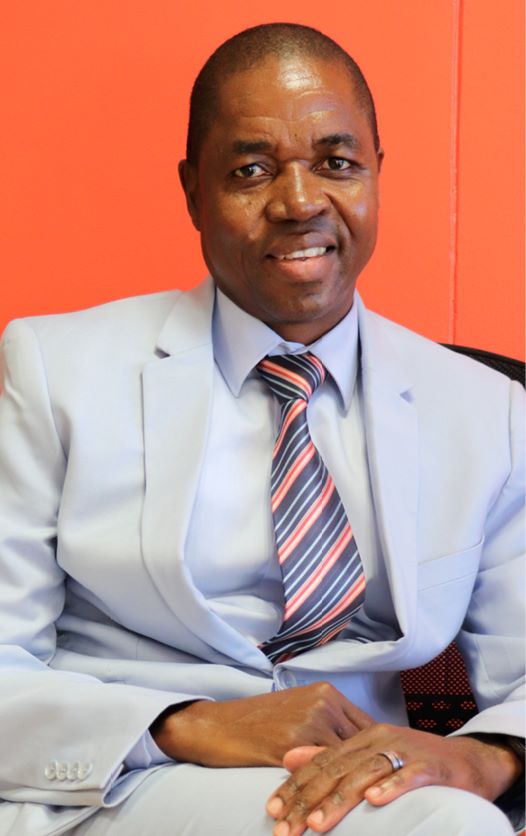The vast majority of goods are still transported by sea. According to SAPICS (The Professional Body for Supply Chain Management), sight is often lost, however, of how shipping disruptions have a far-reaching impact on global trade and supply chains, including inflation and food and energy security.
To survive and thrive in an environment marked by a host of problems in maritime trade, businesses must be able to identify the risks and have plans in place to mitigate them, SAPICS stresses.
In its first quarter report for 2024, the International Chamber of Commerce (ICC) International Maritime Bureau (IMB) expressed concerns about the continued acts of maritime piracy off the coast of Somalia. The report noted that a total of 33 incidents of piracy and armed robbery against ships were recorded in the first three months of 2024, an increase from 27 incidents for the same period in 2023.
Of the 33 incidents reported, 24 vessels were boarded, six had attempted attacks, two were hijacked and one was fired upon. Violence towards crew continues with 35 crew members taken hostage, nine kidnapped and one threatened.
ICC Secretary General John WH Denton AO said: “The resurgence of Somali pirate activity is worrying, and now more than ever it is crucial to protect trade, safeguard routes and the safety of seafarers who keep commerce moving. All measures to ensure the uninterrupted free flow of goods throughout international supply chains must be taken.”
The first few months of 2024 have also been difficult for vessels using two of the world’s busiest shipping lanes. As a result of Houthi rebels attacking vessels travelling into the Red Sea through the Bab al-Mandab Strait, ships were diverted around southern Africa. Trade volumes through the Suez Canal dropped by 40%. Trade through the Panama Canal has dipped by 30% since November. While the Suez’s troubles are geopolitical, Panama’s issues are climate related. The lakes that feed the canal are drying up due to drought. The locks connecting the Atlantic Ocean to the Pacific via Gatun Lake are now almost too shallow for the largest container ships to pass through. Earlier this month, Panama announced plans for a “dry canal” to move cargo between the Pacific and Atlantic oceans. Until then, some shippers are reportedly paying up to USD4 million for a slot in an auction that enables them to jump the queue of backed up vessels.
The Suez Canal disruption and the rerouting of vessels around Africa could represent an opportunity for South African ports, but they are currently hampered by chronic congestion, infrastructure deterioration and equipment breakdowns.
These are enormously challenging times for global maritime trade, states SAPICS, with supply chain repercussions impacting businesses, economies and consumers. According to the United Nations Conference on Trade and Development (UNCTAD), the disruption of the Suez Canal has created shortages of goods due to the increased cargo delivery time. Products affected include avocados in East Africa as well as tea and coffee supply chains. An UNCTAD report notes that ‘rerouting vessels around Africa adds about 12 days to the ship journey on a route from Asia to Europe. Extended travel distances and transit times are estimated to cut effective global container shipping capacity by around 9%. A round trip between India and Europe, for example, takes 56 days and 8 ships. If the journey takes 63 days, an extra ship will be needed’.
Recognising the critical role that shipping plays in global supply chains, SAPICS has a lined up a compelling presentation on supply chain disruptions on the high seas at the upcoming 2024 SAPICS Conference, Africa’s leading event for supply chain professionals. Malcolm Hartwell, Master Mariner and Head of Transport for Africa at Norton Rose Fulbright, South Africa, will share his experience and insights with attendees. “It is crucial for supply chain professionals to understand the current causes of disruptions to supply chains caused by shipping issues,” says Hartwell. He explains that this 2024 SAPICS Conference presentation will offer steps to take to mitigate the risks, including contractual and insurance arrangements.
Now in its 46th year, the 2024 SAPICS Conference takes place in Cape Town from 9 to 12 June 2024. It will see hundreds of attendees from around the world gather to network, learn and share knowledge through panel discussions, presentations, workshops and case studies. SAPICS is hosting this year’s conference in association with the Southern African Association of Freight Forwarders (SAAFF).
For more information or to register to attend the 2024 SAPICS Conference, visit the conference website: https://conference.sapics.org or contact the Conference Secretariat at Upavon Management on 011 023 6701 or email info@upavon.co.za
About SAPICS: https://www.sapics.org.za
Since 1966, SAPICS has worked to elevate, educate and empower the community of supply chain professionals in South Africa and across the continent. This is done via membership, events, the annual conference and education courses and workshops through Authorised Education Providers and others.
SAPICS is registered in South Africa as a not-for-profit company. Its mandate is to ensure that any profits made are used towards the continual development and overall benefit of individuals and organisations in the supply chain management profession.
The annual SAPICS Conference is the leading event in Africa for supply chain professionals. The 2024 SAPICS Conference takes place from 9 to 12 June 2024 at Century City Conference Centre, Cape Town, South Africa.
About SAAFF: https://saaff.org.za/
The Southern African Association of Freight Forwarders NPC (SAAFF) was established in 1921. For more than a century, SAAFF has played an essential role in freight forwarding and international trade, with members facilitating these activities through their dedicated involvement in the management of transportation, customs clearing, documentation, third-party payments, and many other elements of the international supply chain.



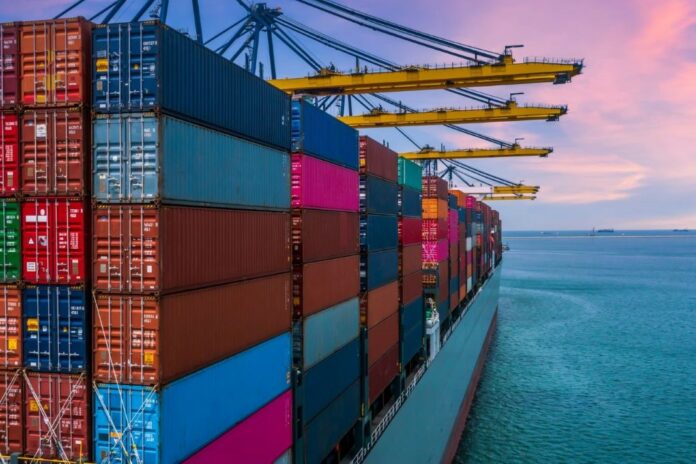

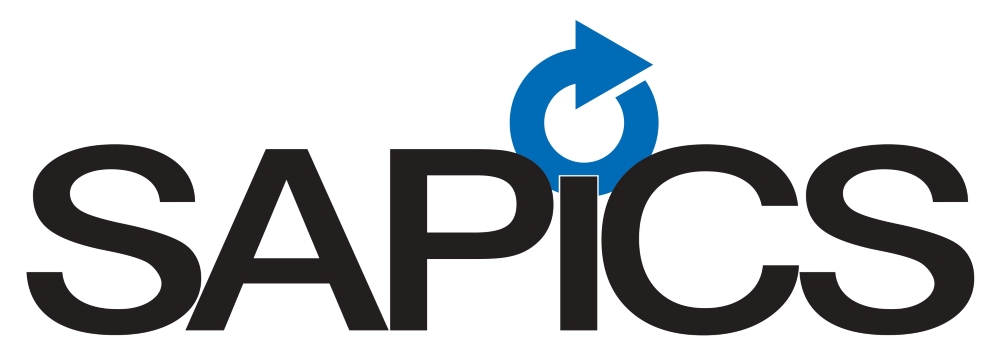

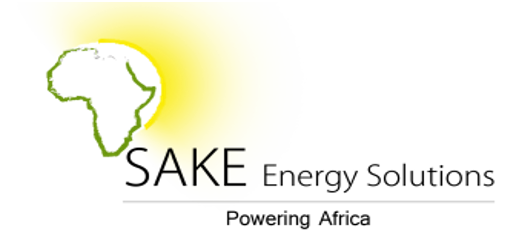


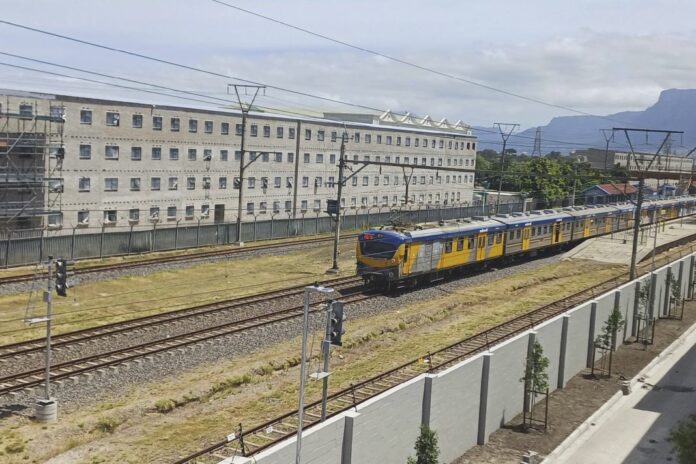


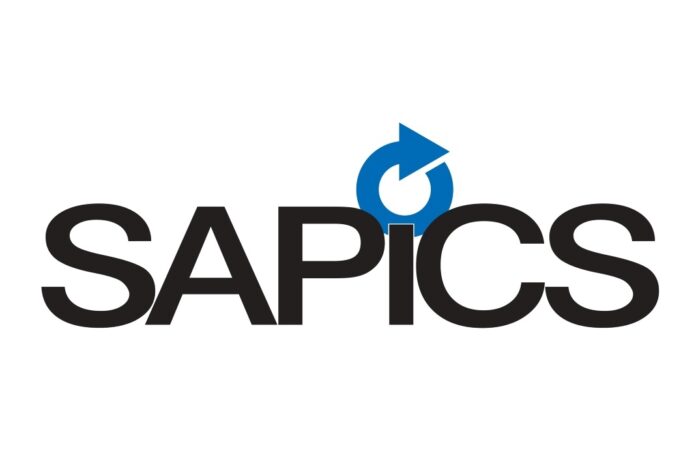

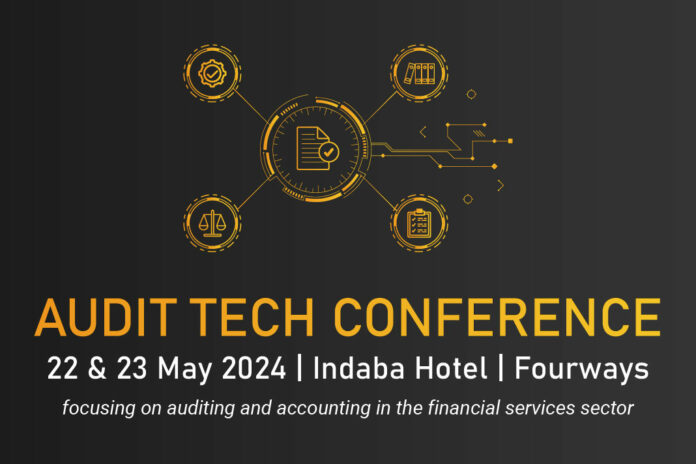

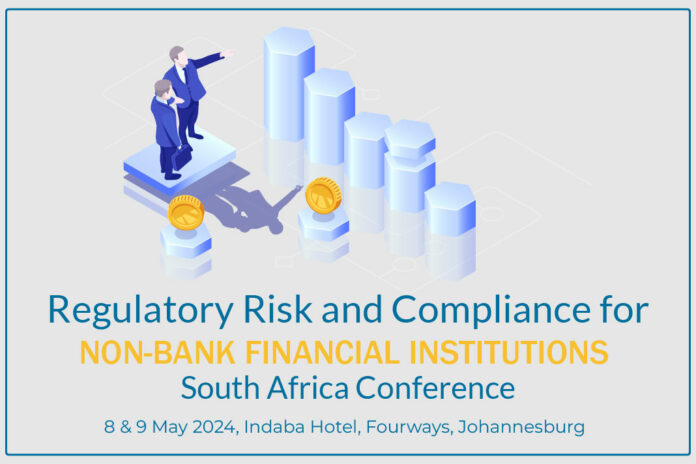
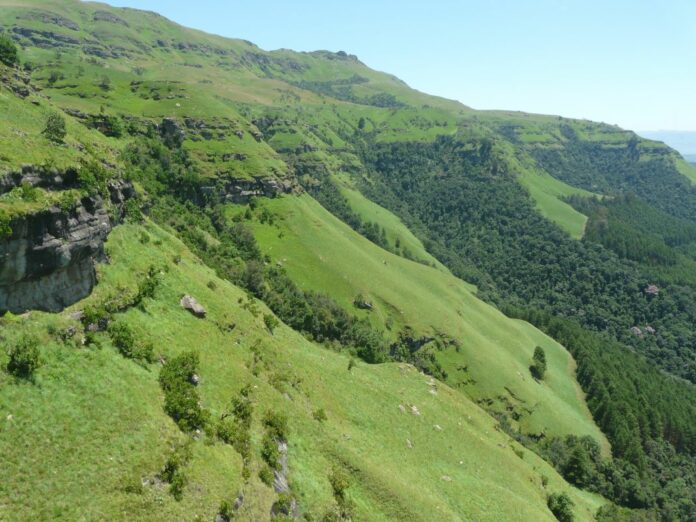




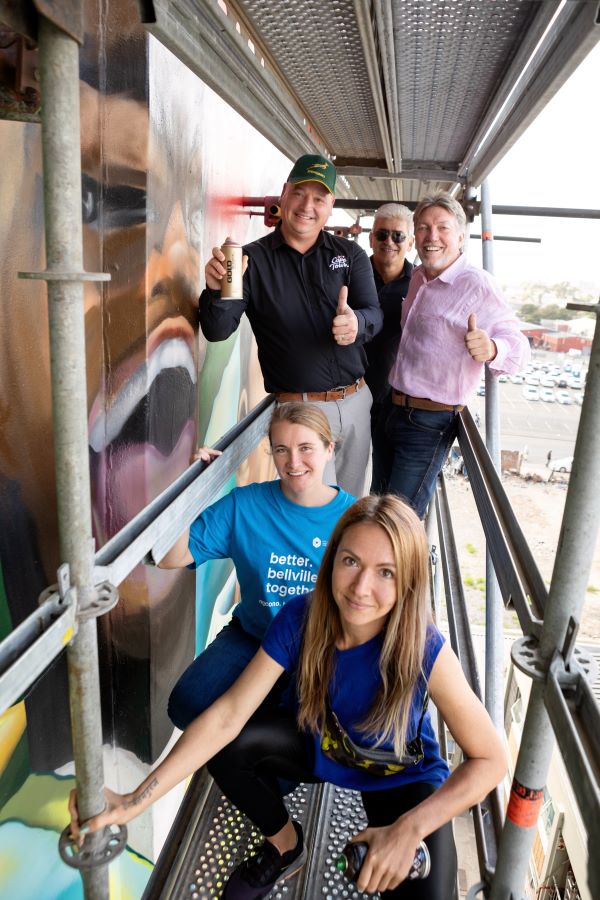
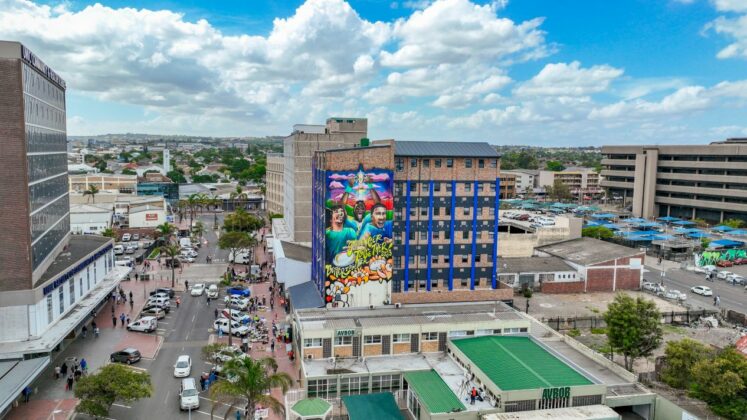
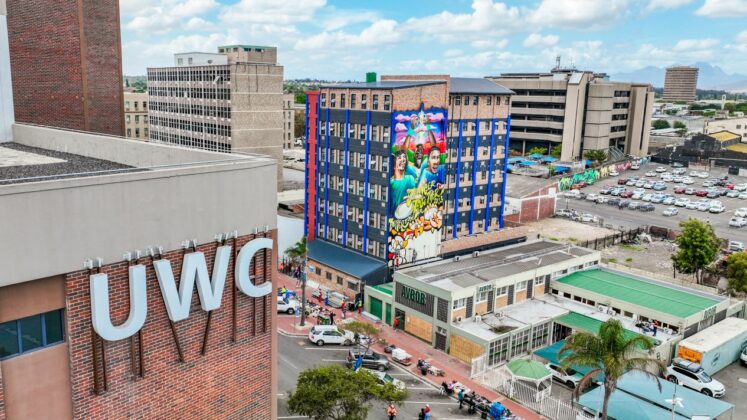
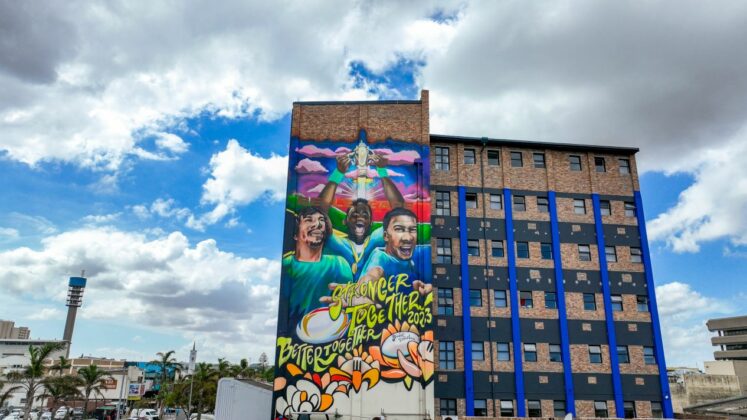



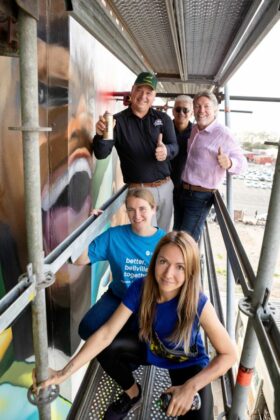
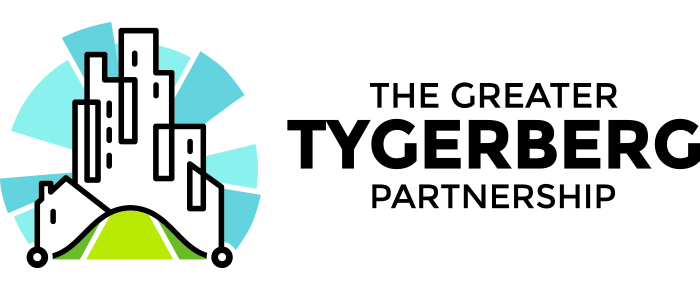

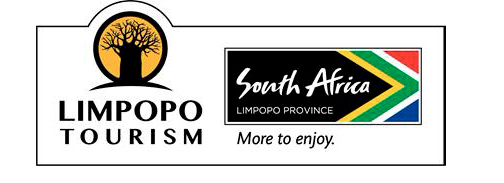 This was perfectly in line with the Agency’s vision of becoming a leading tourism destination in Southern Africa.
This was perfectly in line with the Agency’s vision of becoming a leading tourism destination in Southern Africa.
